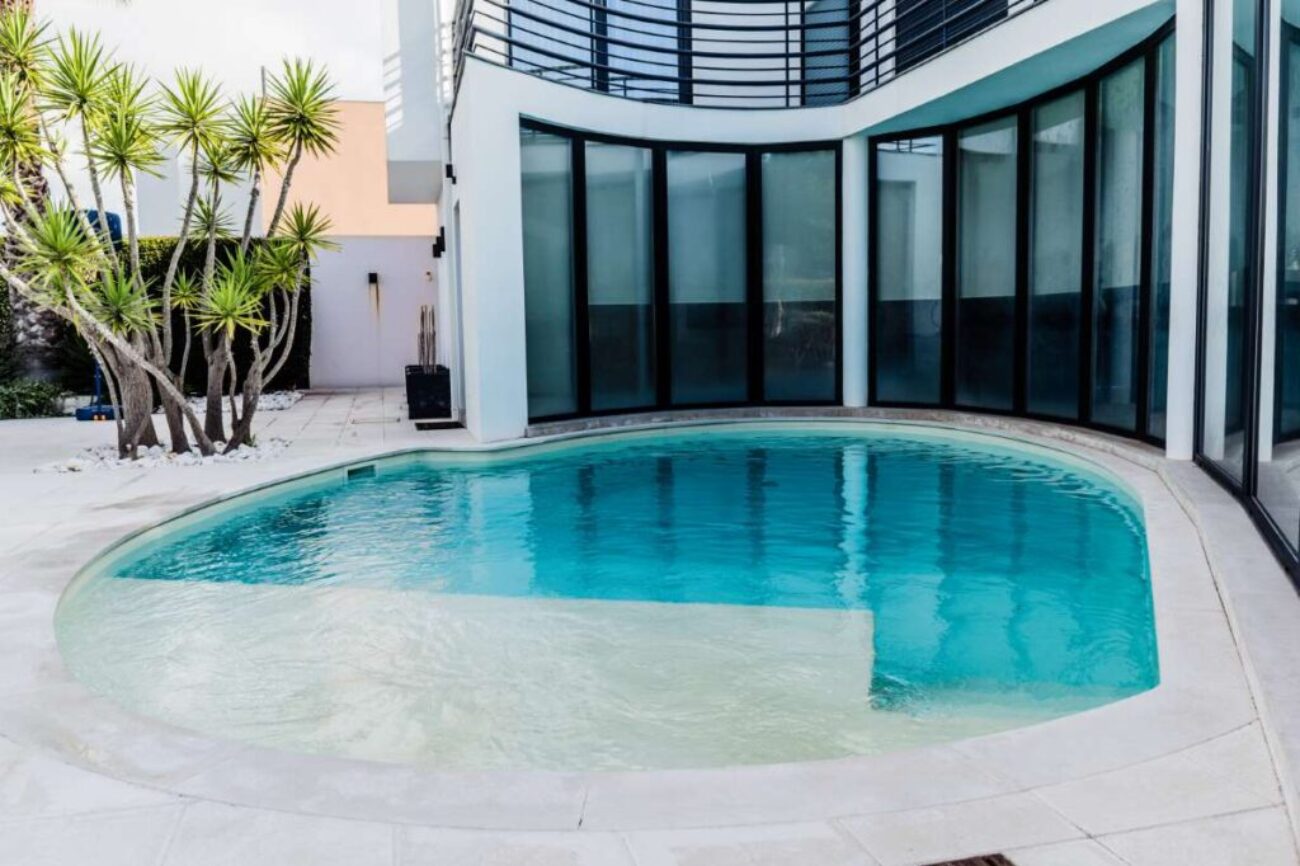How to Handle Contracts When Buying Pool Routes
Discover essential strategies for managing contracts when purchasing pool routes, ensuring clarity and success in your investment.
Understanding how to navigate contracts when purchasing pool routes is crucial for anyone looking to enter or expand in the pool maintenance industry. This blog post will provide you with invaluable insights into the contract process, including what to look for, potential pitfalls, and best practices to ensure a smooth transaction. Whether you’re a seasoned professional in the pool service sector or a newcomer eager to invest, knowing how to handle contracts effectively can significantly impact your success in acquiring profitable pool routes.
Introduction
Entering the pool maintenance industry through the purchase of pool routes can be an exciting yet complex venture. The contracts involved in these transactions serve as the legal backbone, outlining the terms of the sale, obligations, and expectations for both the buyer and the seller. Given the competitive nature of the pool service market, it is crucial to handle contracts with care to avoid misunderstandings and protect your investment. This article will delve into the key elements of handling contracts when buying pool routes, providing you with the knowledge to navigate this essential aspect of your business acquisition.
Understanding the Importance of Contracts
– Contracts are fundamental in any business transaction, and purchasing pool routes is no exception. They protect the interests of both parties and clearly define the terms of the deal. A well-drafted contract minimizes the likelihood of disputes and can provide a roadmap for the future.
– In the pool service industry, where relationships with customers and service quality are paramount, the contract usually includes details such as transferability of existing customer contracts, service agreements, and payment terms.
– For example, if you are buying a pool route that includes an established customer base, the contract should specify how these relationships will be transferred and what guarantees (if any) are provided regarding customer retention.
Key Components of a Purchase Agreement
– When buying pool routes, it’s essential to ensure that your purchase agreement includes all vital components. This typically includes the purchase price, payment schedule, and specific assets being sold, such as vehicles, equipment, and customer lists.
– Another critical aspect of the contract is the non-compete clause. This clause restricts the seller from starting a competing business in the same area for a specified time, giving you peace of mind about your new investment.
– Additionally, make sure to include any warranties or assurances regarding the operational status of the equipment and the customer base’s stability. This can protect you from unexpected issues after the purchase. For instance, if the seller guarantees that the customer base has been stable for the past few years, it will help you make an informed decision.
Due Diligence: A Critical Step
– Conducting due diligence before finalizing any contract is essential. This process involves thoroughly investigating the pool route and the seller’s claims about the business.
– Check existing customer contracts, service histories, and the overall reputation of the business in the community. Reviews from customers can provide insights into the quality of service and customer satisfaction.
– You might also want to consult with a pool business broker, like Tower Business Brokers, Inc., to gain expert insights into market conditions and the viability of the route you are considering. They can help identify red flags that might otherwise go unnoticed.
Navigating Common Pitfalls
– As with any business transaction, there are common pitfalls to avoid. One significant risk is overlooking the fine print in contracts. This can lead to misunderstandings regarding responsibilities or liabilities that could become costly down the line.
– Ensure you understand all liabilities associated with the pool route. For instance, if there are any pending liabilities or debts associated with the existing business, these should be clearly outlined in the contract.
– Another common issue is failing to account for the transitional period. For instance, if the seller is responsible for assisting with the transition to the new owner, this should be detailed in the contract. It is vital to outline what support the seller will provide during this period to ensure a seamless transition.
Negotiating Terms that Benefit You
– Negotiation is a critical part of the contract process. When reviewing the purchase agreement, don’t hesitate to negotiate terms that are more favorable to you, especially concerning payment schedules or warranties.
– For example, if you’re buying a pool route with a large customer base, you might negotiate a lower upfront payment in exchange for a portion of the revenue generated from that route for the first few months. This arrangement provides you with some financial safety as you begin your new venture.
– It’s also wise to consult a legal professional with experience in business contracts to help you understand your rights and ensure you are not missing any crucial aspects of the deal.
Securing Financing: Ensuring Smooth Transactions
– Financing is often a significant concern when purchasing pool routes. Make sure to explore your financing options, which can include traditional bank loans, private lending, or financing through your pool business broker.
– Understand the terms of your financing and how they will affect the overall cost of your purchase. This includes interest rates, repayment terms, and any fees associated with securing the loan.
– Many buyers overlook the importance of having a clear financial plan in place. Having a well-prepared budget will allow you to assess your potential profits and expenses effectively.
Closing the Deal: Final Steps
– Once all parties have agreed to the terms and conditions, it’s time to close the deal. This involves signing the contract and transferring ownership of the pool route.
– Ensure that you review the final contract carefully before signing. Check for any last-minute changes or conditions that may have been added.
– After the contract is signed, it’s essential to establish clear communication with the sellers to discuss the transition process, customer introductions, and other operational details that will facilitate your success in managing the route.
Post-Purchase Considerations
– After acquiring a pool route, your focus should shift to maintaining and growing the business. The existing customer base is a valuable asset, and ensuring their satisfaction should be your top priority.
– Consider implementing a feedback system to gather customer input, which can help enhance service quality and retention rates. A happy customer is often a repeat customer, which is vital for your business’s stability.
– Additionally, explore opportunities for expanding your services. New offerings can attract more clients and satisfy existing customers, ultimately leading to enhanced revenue.
Continuous Learning and Adaptation
– The pool maintenance industry is ever-evolving, with new technologies and regulations emerging regularly. Staying informed about industry trends will help you adapt and thrive.
– Consider joining professional associations, attending workshops, or enrolling in training programs offered by companies like Tower Business Brokers, Inc. to enhance your skills and knowledge.
– Regularly assess your business operations to identify areas for improvement or expansion. This proactive approach can help you stay competitive in the market.
Conclusion
In summary, handling contracts when buying pool routes is a multifaceted process that requires careful consideration and attention to detail. From understanding the importance of contracts and conducting thorough due diligence to navigating common pitfalls and securing favorable terms, each step is crucial to ensuring your investment’s success. The clarity and protection that a well-drafted contract provides can significantly influence your journey in the pool maintenance industry. If you’re ready to explore opportunities in this thriving market, reach out to Tower Business Brokers, Inc. today to find the perfect pool route that aligns with your business goals and aspirations.



